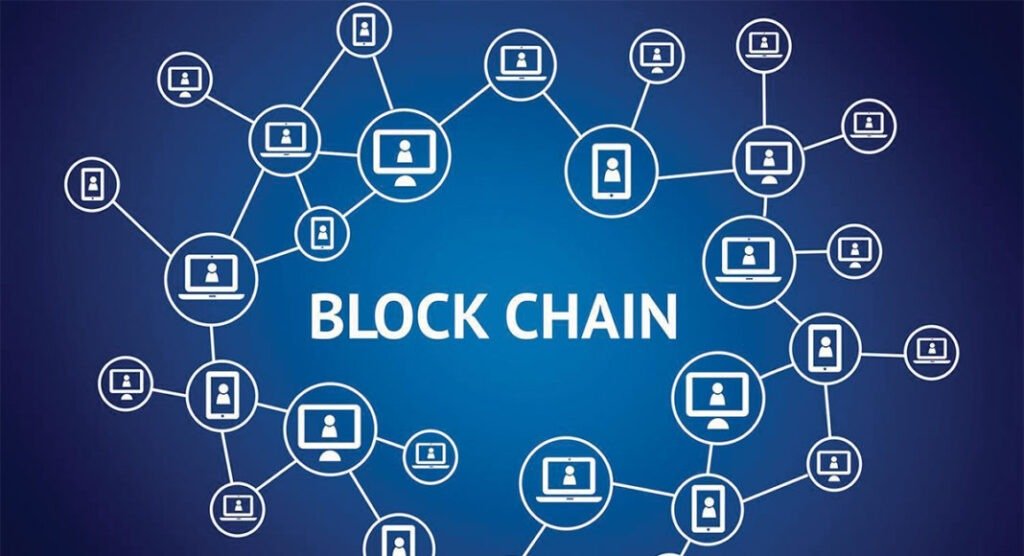Blockchain, linked to cryptocurrencies like Bitcoin, has revolutionized many sectors. It is a technology that allows data to be stored and transmitted transparently, securely and without the need for intermediaries. Thanks to its unique characteristics, it can perform several important functions.
In this publication, we will see together, through 4 examples, what blockchain can achieve. As you will see, this is a revolution that will impact our lives in a very positive way in the years to come.
Data certification

One of the most interesting uses of blockchain is its ability to certify data. Indeed, this technology makes it possible to guarantee the authenticity of information by timestamping it and writing it immutably in the blockchain. Thus, sectors such as finance, health and real estate use blockchain to protect and certify their data.
Platforms like Cryptoast also highlight the importance of blockchain in document certification. For example, in the business scope of smart contracts, parties can agree to an agreement that will be automatically executed when conditions are met. These contracts, once stored on the blockchain, can no longer be modified, which ensures total transparency and security of the information contained.
Another factor:
One sector that benefits from blockchain is the online casino industry. By integrating this technology, the best online casinos can ensure fairer gaming and greater transparency in transactions. One of the main advantages is the ability to check game results transparently. Thanks to blockchain, each player can ensure that games of chance are not rigged and that the results are completely random.
In addition, blockchain allows users to make deposits and withdrawals quickly and securely, without the need to use third parties such as banks. This reduces waiting times, eliminates high transaction fees and allows for greater privacy for players.
Act as a trusted intermediary

Blockchain also acts as a trusted third party, eliminating the need for traditional intermediaries like banks, notaries or real estate agents. Thanks to its decentralized architecture, this technology allows two parties to carry out a transaction with complete confidence without the need to use a third party to validate the transaction. This makes processes faster and less expensive.
For example, in the real estate sector, blockchain can facilitate the sale of goods by enabling the creation of smart contracts between buyers and sellers. These contracts are executed automatically when the conditions are met, without the need to use the services of a notary. This not only simplifies processes, but also strengthens transaction security.
Privacy protection
Another essential aspect of blockchain is privacy protection. Unlike centralized systems where user data is often stored and potentially vulnerable to cyberattacks, blockchain decentralizes this information and protects it using cryptographic algorithms. Users have greater control over their personal data and can choose what information to share and with whom.
In the medical field, for example, blockchain allows patient records to be stored securely while ensuring that only authorized people have access to them. This protects sensitive user data from leaks or unauthorized access, while making it easier to share this data with healthcare experts.
Conclusion on the benefits of blockchain
Blockchain has many benefits for various sectors, from finance to online casinos to data certification. By acting as a trusted third party, this technology makes transactions more secure, faster and transparent. In addition, it guarantees users' privacy by decentralizing information and offering them better control over their personal data.
The benefits of blockchain are multiple and continue to evolve as new uses are discovered. Whether to secure financial transactions, certify documents or even guarantee the fairness of games in online casinos, blockchain is establishing itself as an essential technology in our digital world.




